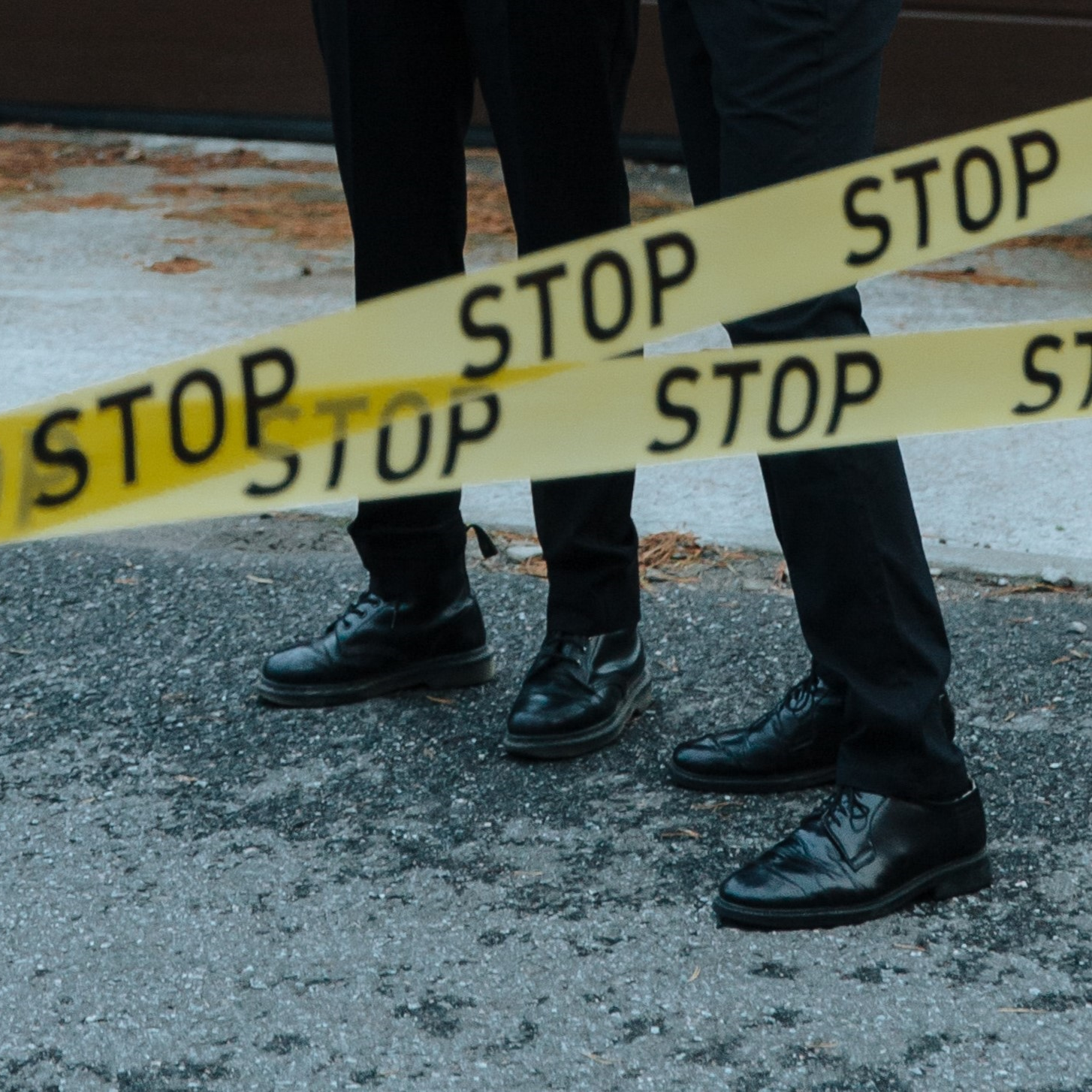
Blackhawk Down: A Report of Discriminatory and Unlawful Policing
David Walton
Oct 03, 2023
The murder of George Floyd at the hands of Minneapolis police officers in 2020 sparked a national reckoning on the issue of police brutality. However, the problem of discriminatory and unlawful policing is not new, and it continues to have a devastating impact on communities of color across the United States.
A recent report by the Department of Justice found that the Minneapolis Police Department (MPD) has a "pattern or practice" of discriminatory and unlawful policing. The report found that MPD officers disproportionately stop (nearly six times more that whites), search, and arrest Black people, and that they use excessive force more often against Black people than against white people.
The report also found that MPD officers have a culture of impunity, and that they are rarely held accountable for their misconduct. This culture of impunity has allowed officers to get away with violating the rights of Black people for far too long. The impact of discriminatory and unlawful policing on communities of color is devastating. It leads to increased fear and distrust of the police, it makes it difficult for people to live prosperous lives.
The report also detailed an interaction with the group of Somali teens that took a deeply disturbing turn when one of the officers made a shocking statement, saying, "Do you remember what happened in Black Hawk Down when we killed a bunch of your folk? I'm proud of that. We didn't finish the job over there. If we had, you guys wouldn't be over here." This quote exemplifies the unsettling nature of the encounter, as it reflects a dehumanizing and prejudiced attitude towards the Somali community.
Until we find an effective solution to address these issues, the problem of discriminatory and unlawful policing will continue to plague our communities. Here are some of the specific impacts of discriminatory and unlawful policing on communities of color:
- Increased fear and distrust of the police: When people of color are disproportionately targeted by police, it can lead to increased fear and distrust of the police. This can make it difficult for people to report crime, cooperate with police investigations, and participate in their communities.
- Economic hardship: When people of color are more likely to be arrested and incarcerated, it can lead to economic hardship. This is because people with criminal records are less likely to be able to find jobs, housing, and educational opportunities.
- Mental and physical health problems: The stress of living in a community where police brutality is a constant threat can lead to mental and physical health problems. This is especially true for children, who are especially vulnerable to the trauma of witnessing police violence.
What can be done to address the problem of discriminatory and unlawful policing? There are a number of things that can be done to address the problem of discriminatory and unlawful policing. These include:
Department reforms: This includes changing the culture of the police, holding officers accountable for their misconduct, and investing in community-based policing programs.
- New legislation: This includes laws that ban racial profiling, require body cameras, create independent civilian review boards, and limitations on qualified immunity for law enforcement officers.
- Public Education: This includes teaching people about their rights and how to hold the police accountable.
The problem of discriminatory and unlawful policing is a complex one, but it is one that must be addressed. By taking action to seek “real solutions", we can foster greater judicial equitable society for all and help restore community trust in our policing institutions.
← Older Post Newer Post →

